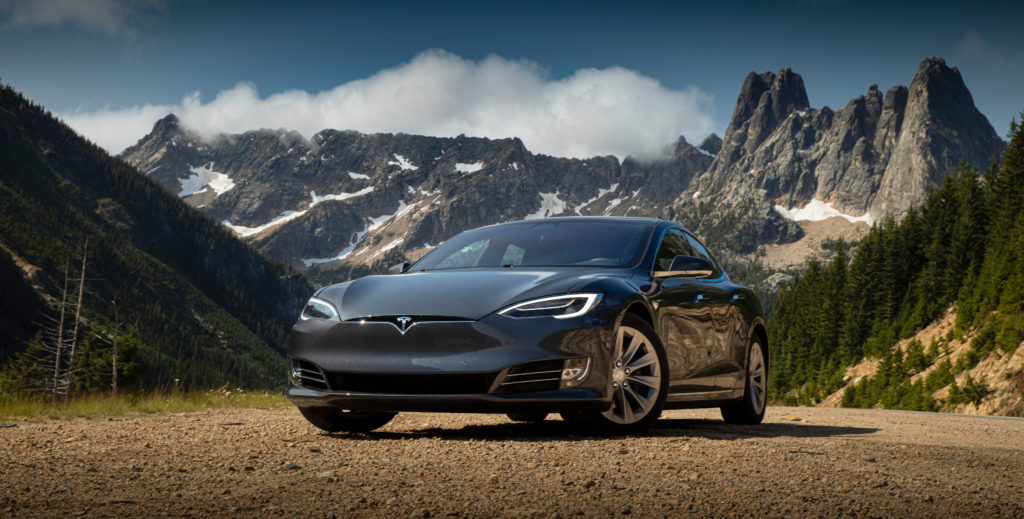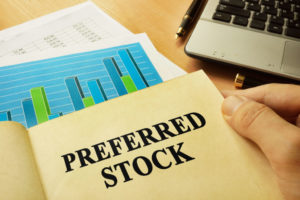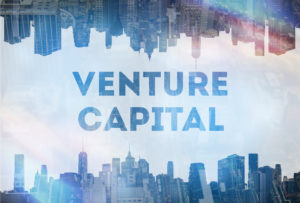Shareholders Pleased as Musk Decides Against Taking Tesla Private

The shareholders are pleased that Elon Musk decided against taking tesla private in what was sure to be a controversial move. Not wholly unlike several bold and surprising moves the worlds most famous entrepreneur has done in recent years. Tesla’s CEO Elon Musk recently created quite a stir after suggesting he was considering taking his car company private. Things got even more serious last week when Musk hired Morgan Stanley to advise him regarding such a bid.
However, news broke early Saturday morning that Musk had abandoned the idea. Although he said there was more than enough funding to do it, ultimately he decided against it because current shareholders asked him not to.
Investors surely had their reasons for wanting the company to stay public, including a very large tax bill if Tesla had gone private. Musk had said his idea would’ve been to allow current shareholders to remain invested if they wanted, via a special fund. He also said he would’ve offered $420 a share to those who wanted to sell.
That being said, if current shareholders would’ve stayed invested they would have had to sell their current shares and then purchase shares in the special fund. So what would the tax implications had been if that had happened? Any investors that made a profit from selling those shares would’ve been taxed no matter what they did with the money.
For investors that got in at the beginning a hefty tax bill would have awaited them. Consider that when the company first went public it opened at a price of $19 a share. The stock has since climbed to a current rate in the neighborhood of $340 a share. For someone that originally invested $10,000, that would now be worth close to $179,000 at the current share price. With the top capital gains tax rate at 20 percent, that’s a $33,800 tax bill.
But shareholders are breathing a sigh of relief knowing they won’t have to pay that price, at least for now.
About Tesla (from Wikipedia) Founded in July 2003 by Martin Eberhard and Marc Tarpenning, the company’s name is a tribute to inventor and electrical engineer Nikola Tesla. In February 2004, via a $6.5 million investment, X.com co-founder Elon became the largest shareholder of the company and its chairman. He has served as CEO since 2008.
According to Musk, the purpose of Tesla is to help expedite the move to sustainable transport and energy, obtained through electric vehicles and solar power. Began production of its first car model, the Roadster sports car, in 2009. This was followed by the Model S sedan in 2012, the X SUV in 2015, the Model 3 sedan in 2017, and the Y crossover in 2020.
The Model 3 is the all-time best-selling plug-in electric car worldwide, and, in June 2021, became the first electric car to sell 1 million units globally. Tesla’s global sales were 936,222 cars in 2021, a 87% increase over the previous year, and cumulative sales totaled 2.3 million cars at the end of 2021. In October 2021, Tesla’s market capitalization reached $1 trillion, the sixth company to do so in U.S. history.
We hope you found this article about “Shareholders Pleased as Musk Decides Against Taking Tesla Private” helpful. If you have questions or need expert tax or family office advice that’s refreshingly objective (we never sell investments), please contact us or visit our Family office page or our website at www.GROCO.com. Unfortunately, we no longer give advice to other tax professionals gratis.

To receive our free newsletter, contact us here.
Subscribe to our YouTube Channel for more updates.
Considerately yours,
GROCO, GROCO Tax, GROCO Technology, GROCO Advisory Services, GROCO Consulting Services, GROCO Relationship Services, GROCO Consulting/Advisory Services, GROCO Family Office Wealth, and GROCO Family Office Services.

Alan L. Olsen, CPA, Wikipedia Bio

Proud sponsor of the AD Show.

Private Equity and Venture Capital Financing Structures
Private Equity and Venture Capital Financing Structures By Joseph B. LaRocco There are several structures that Private Equity funds (also known as venture capital funds) use when they give the green light to fund a company. The basic structures for private companies are common stock and convertible preferred stock. These structures usually contain an anti-dilution…
Business Angels for Your Startup Business
Business Angels for Your Startup Business By Mike Cain Setting up a new business can be a daunting prospect. There’s the possibility of failure, and with it, the risk of losing the money you’ve invested in your company, as well as seeing all your months or even years of hard work go to waste. But,…
Securing Second- and Third-Round Venture Capital Financing
Securing Second- and Third-Round Venture Capital Financing By Jim D. Ray Widget sales are booming – the competition is scrambling, demand is up, and the books are finally treading water. Your core management team has big ideas for the future of Widget Inc. Opportunity is abundant; but how will you fund that next big leap?…
Ten Ways Start-ups Use Venture Leases And Loans To Generate Millions
Ten Ways Start-ups Use Venture Leases And Loans To Generate Millions By George A. Parker The rise of venture leasing and lending has created an opportunity for sophisticated entrepreneurs to gain a competitive advantage. Savvy entrepreneurs are using venture leases and loans to generate millions of dollars for shareholders by leveraging existing venture capital. They…




